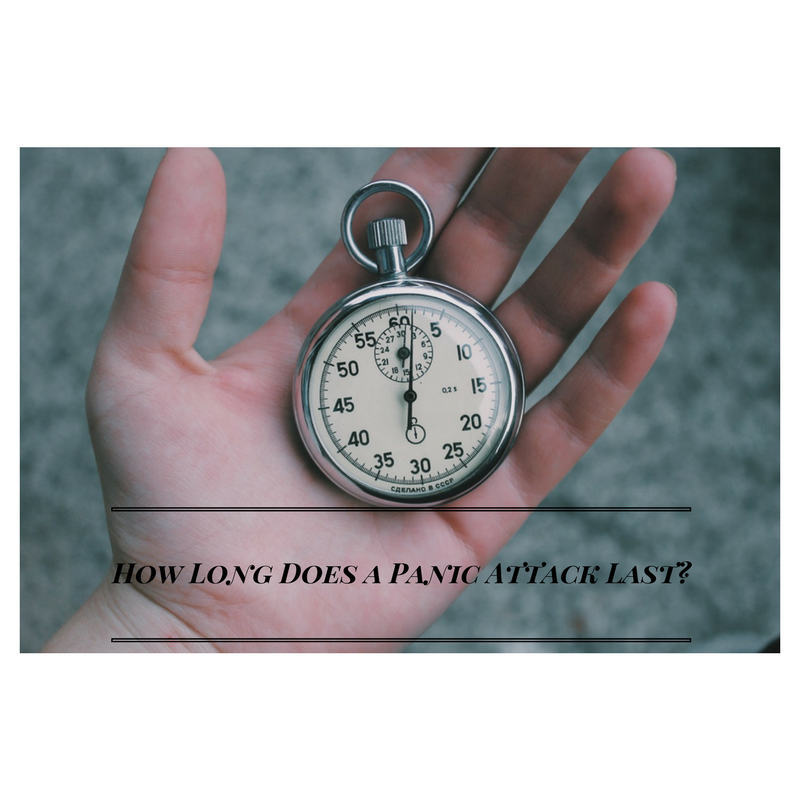
Is Exercising Too Much a Sign of an Eating Disorder?
Exercise is good, right? Exercise lifts our mood, makes us healthy, gives us energy…what can be bad? I’m often asked when is exercise too much? Can it be a sign of an eating disorder? The answer is “yes”, it can be a sign of a eating disorder, and sometimes it’s a fine line between a healthy habit and a dependency on exercise to control weight in an unhealthy way or cope with difficult thoughts and feelings. Here’s how to tell the difference: What is your intention with the exercise? When exercise is part of an eating disorder, the intention around exercise matters. If your intention is to lift your mood, revel in moving your body around, develop a great habit, clear your mind, and work on fitness goals than by all means, sweat away. If, on the other hand, the exercise is a punishment for perceived over-eating, or feels like a sacrifice you have to make to the voice in your head telling you that you’re fat/ugly/worhtless/whatever, well that’s a different thing entirely. If the intention of the exercise is punishing or placating something judgmental, then that is a sign of a disorder. Is your exercise habit too rigid? We all want to cultivate healthy habits for ourselves. Sometimes, exercise does feel like a chore, but we do it for our health and to keep up a good habit. But if exercise becomes so rigid that it interferes with other valued areas of your life, it may be time to look at this. For example, if you can’t skip a workout to do something fun with your friends, or connect with a partner, or complete an important task, then that is leading down an unhealthy road. If you feel like your day will be “ruined” if you work out in the evening rather than the morning, that’s rigid in an unhealthy way. Has the exercise become an addition? Exercise can become an unhealthy addiction. This happens when you exercise so much it’s unhealthy for your body and you are not re-fueling properly, or resting when your body tells you it needs rest. If you are dependent on exercise to keep anxiety, depression, or eating disorder-related thoughts at bay, it may be time to get some other tools handy to deal with these things. This doesn’t mean to never exercise again, of course. When we work with clients around this issue, it’s always about putting exercise in its proper place; part of a healthy lifestyle, but not the central piece of your self-image and self-esteem.




